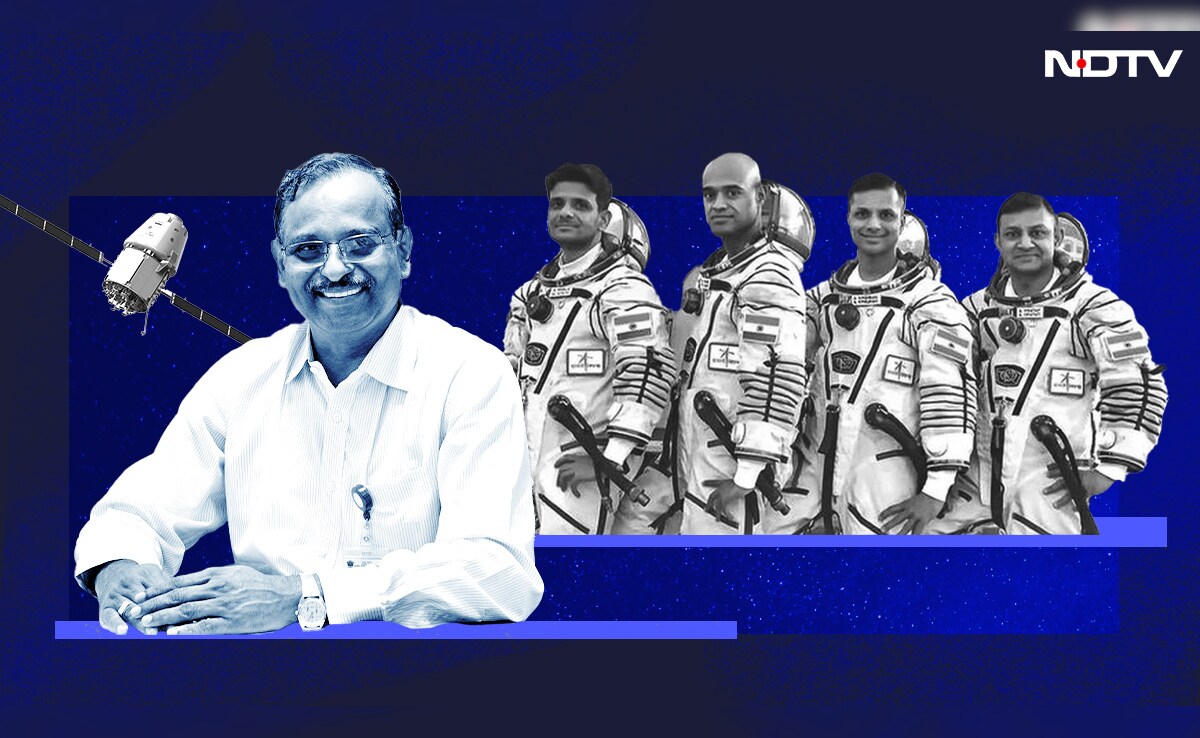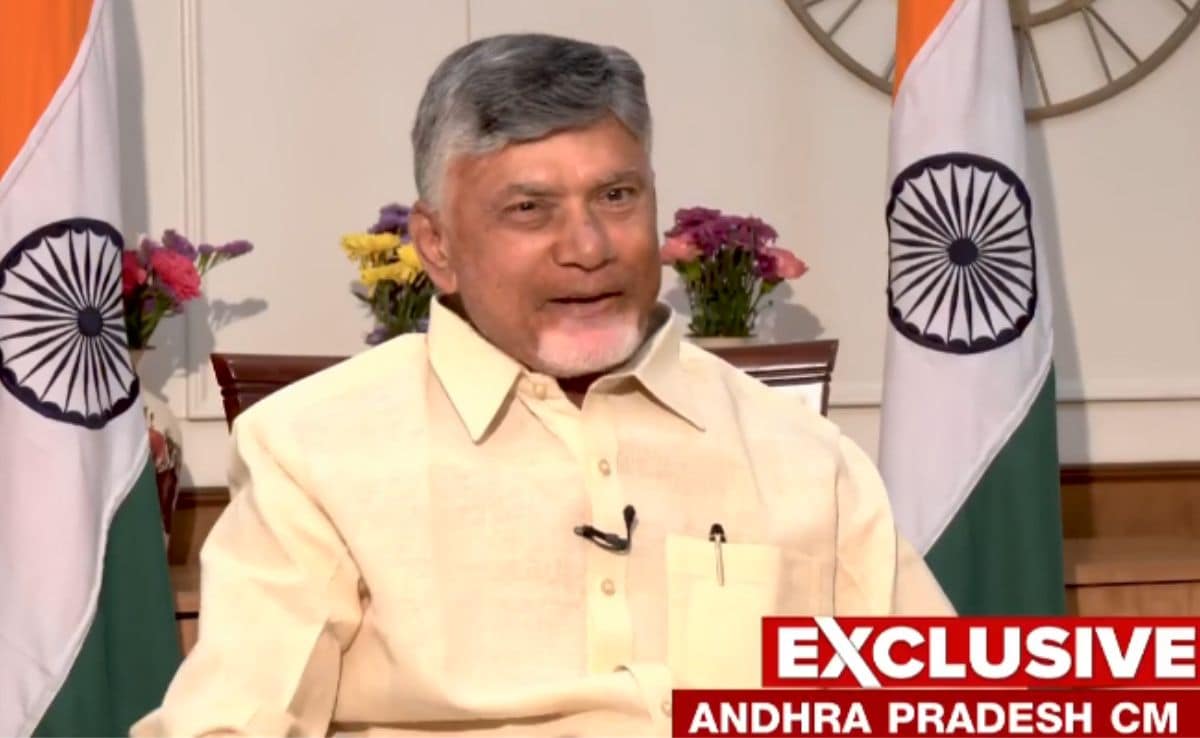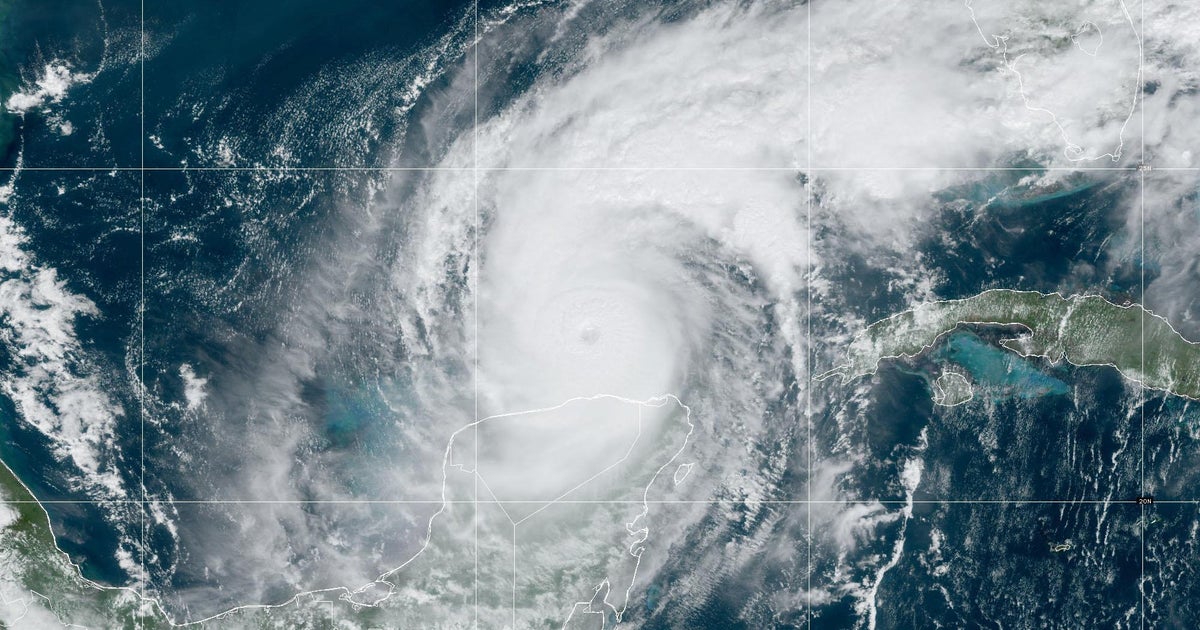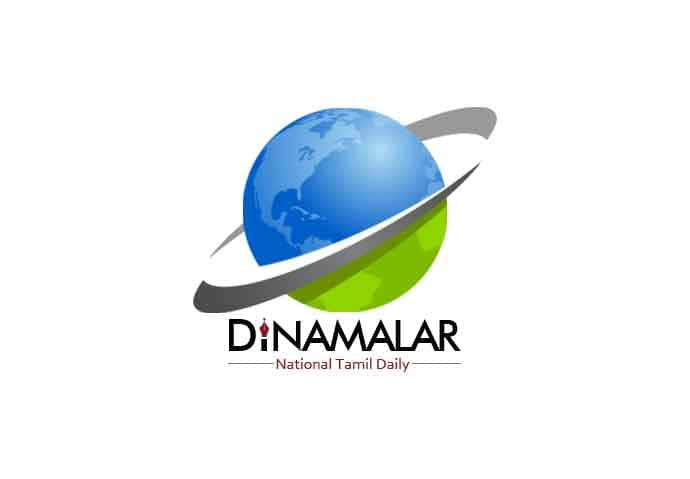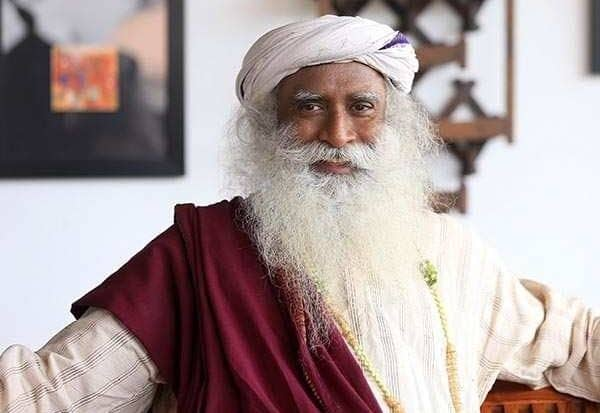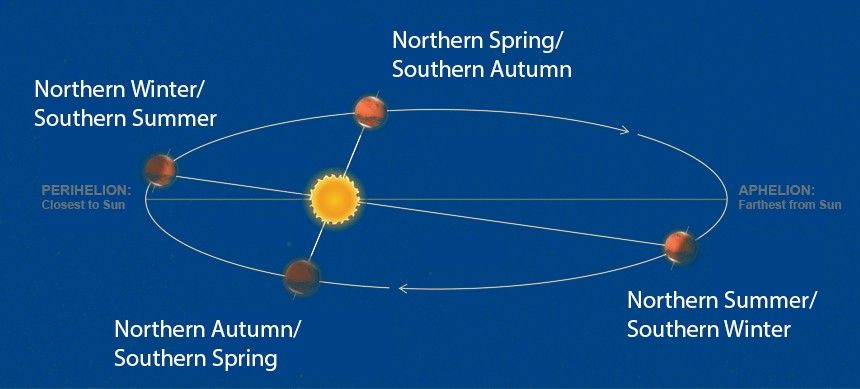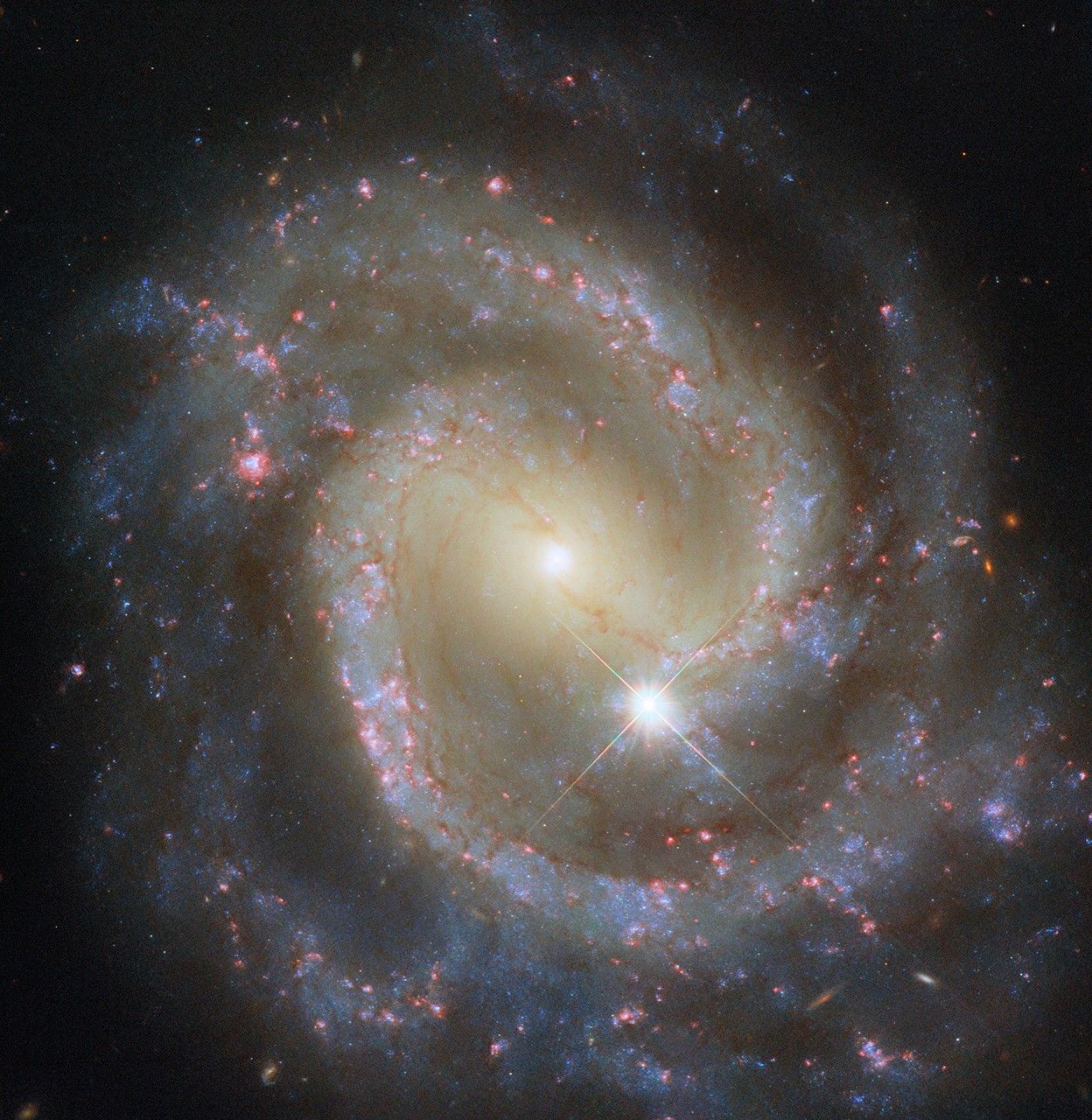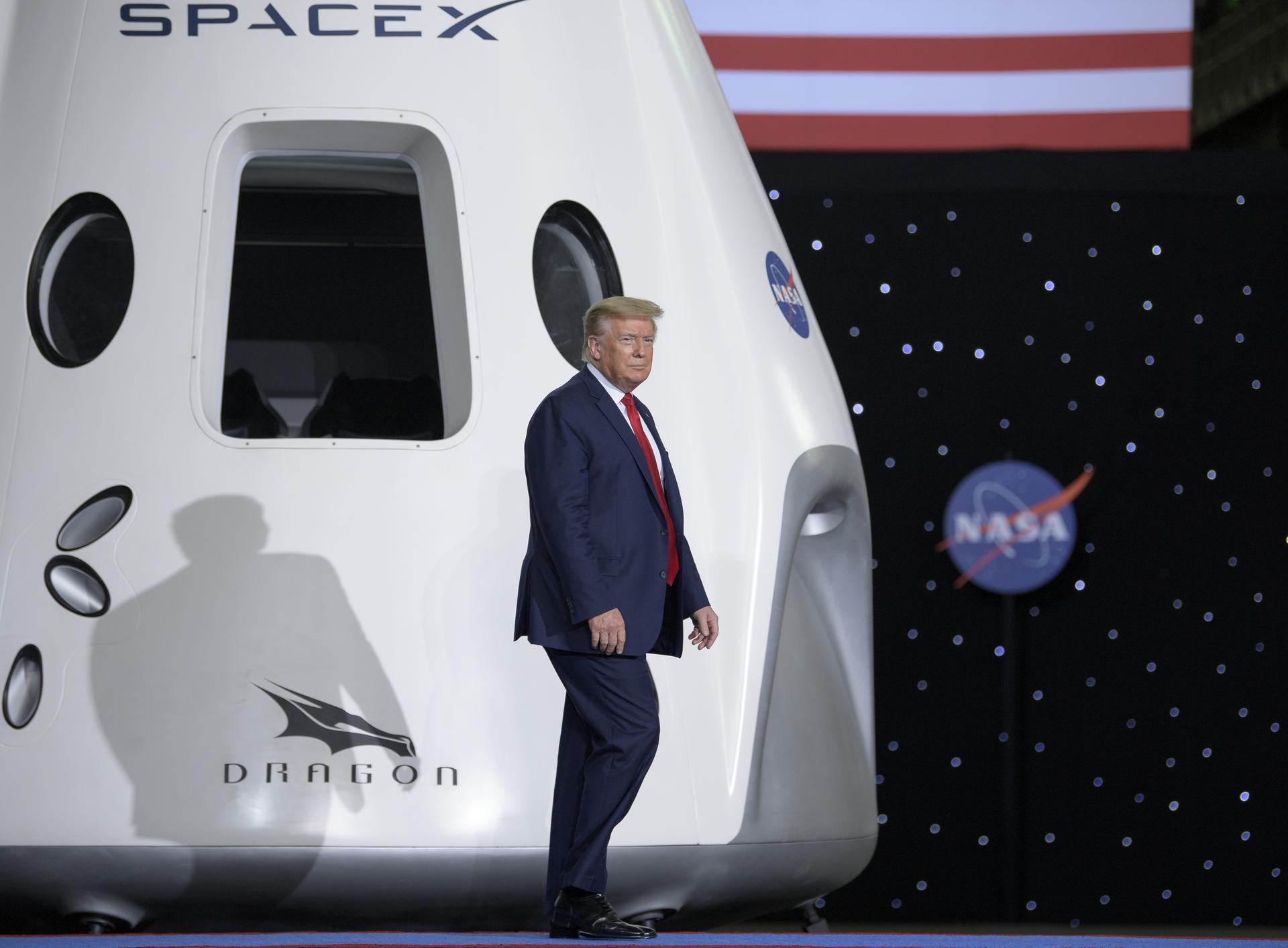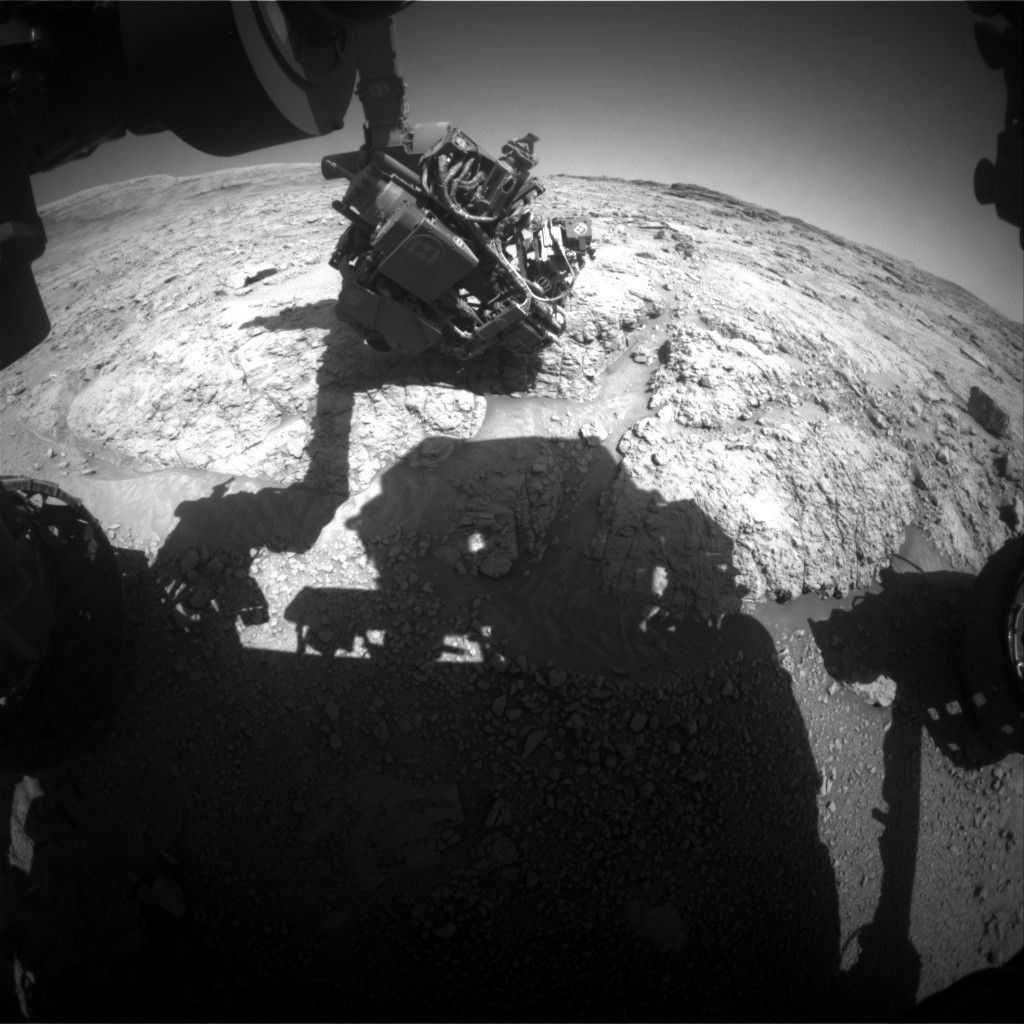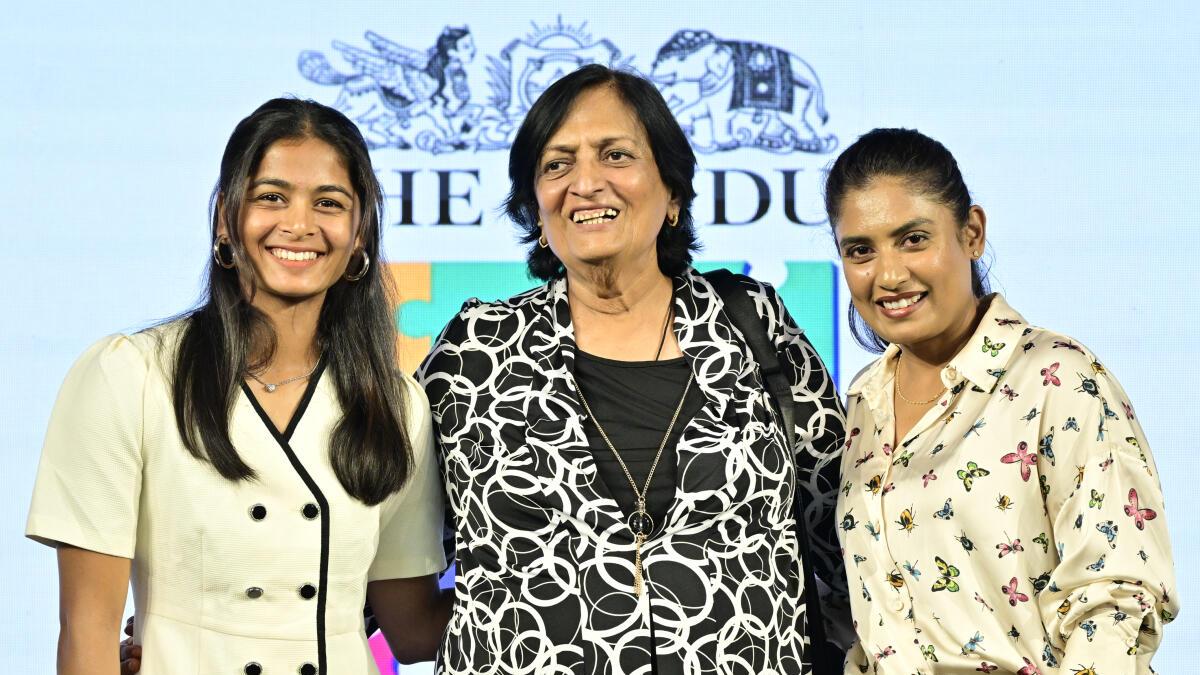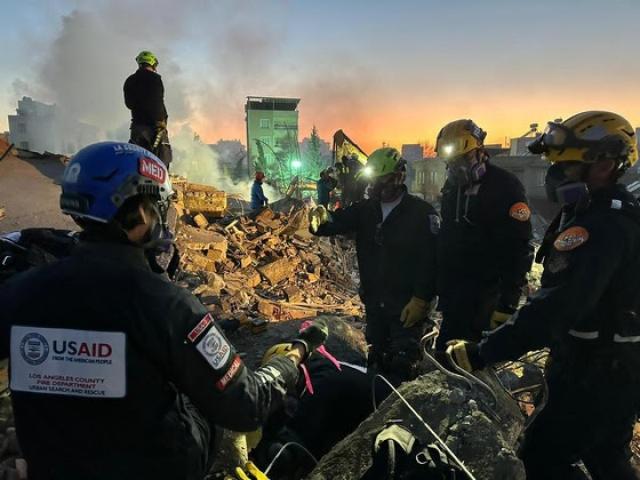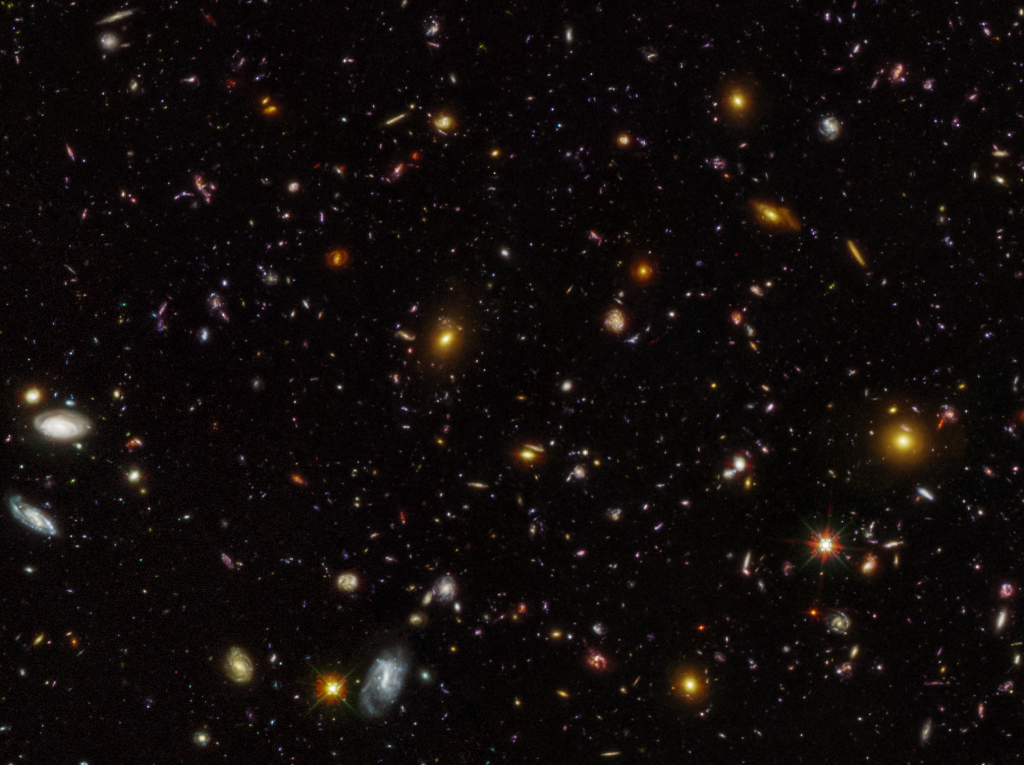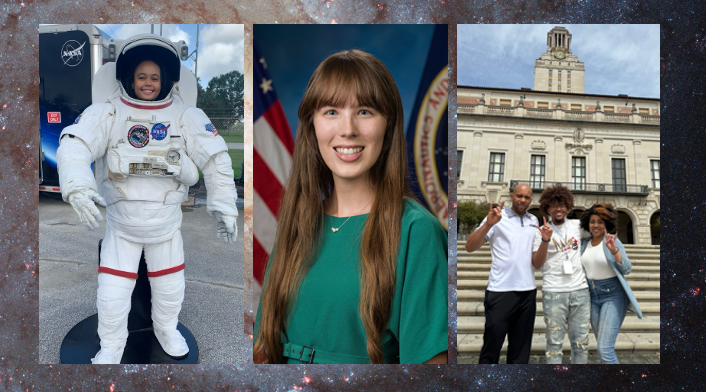Attention Students: NASA Launches Power Systems Student Essay Contest
NASA’s fourth annual Power to Explore Student Challenge kicked off November 7, 2024. The science, engineering, technology, and mathematics (STEM) writing challenge invites kindergarten through 12th grade students in the United States to learn about radioisotope power systems, a type of nuclear battery integral to many of NASA’s far-reaching space missions. Students are invited to […]
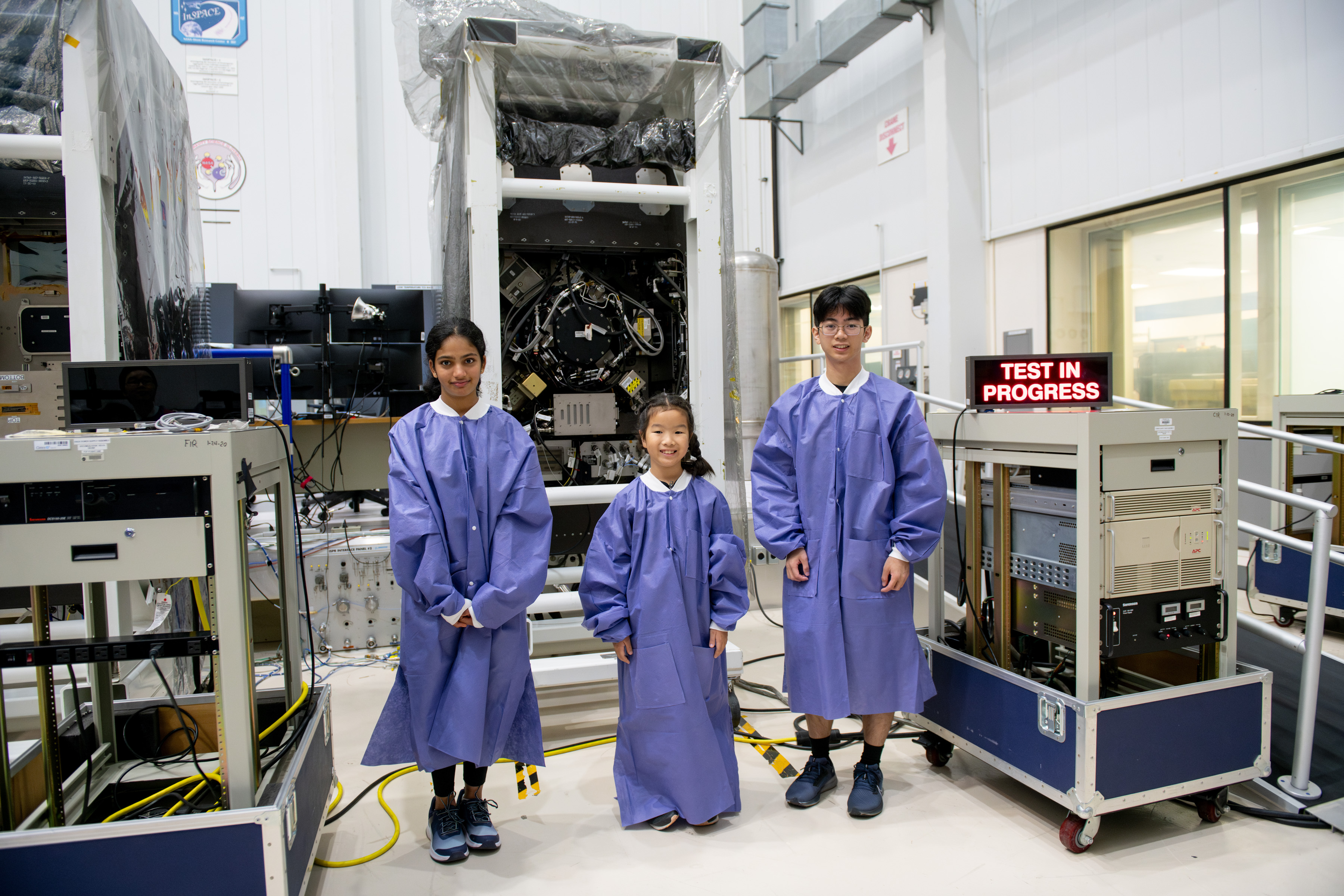
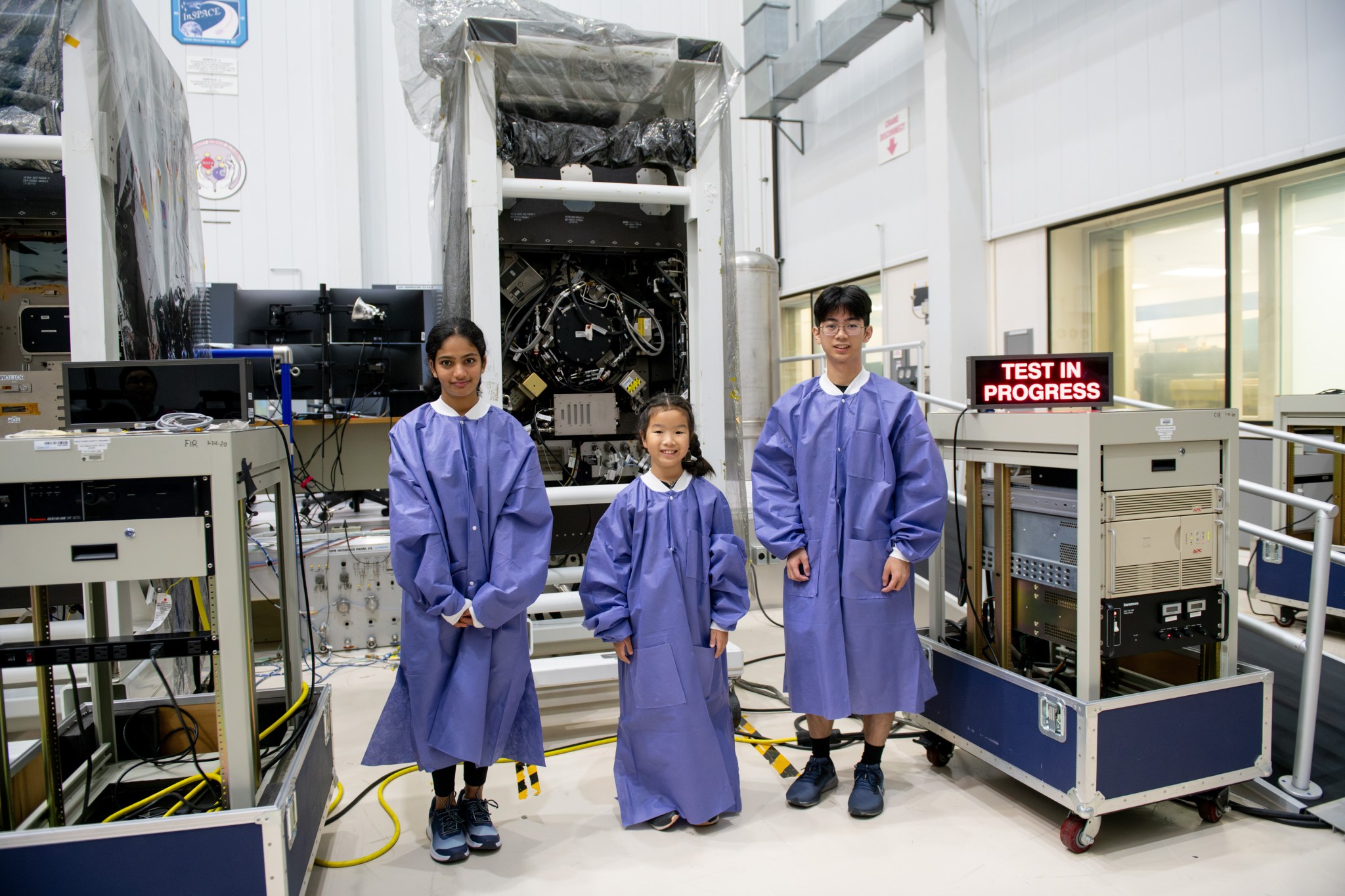
NASA’s fourth annual Power to Explore Student Challenge kicked off November 7, 2024. The science, engineering, technology, and mathematics (STEM) writing challenge invites kindergarten through 12th grade students in the United States to learn about radioisotope power systems, a type of nuclear battery integral to many of NASA’s far-reaching space missions.
Students are invited to write an essay about a new nuclear-powered mission to any moon in the solar system they choose. Submissions are due Jan. 31, 2025.
With freezing temperatures, long nights, and deep craters that never see sunlight on many of these moons, including our own, missions to them could use a special kind of power: radioisotope power systems. These power systems have helped NASA explore the harshest, darkest, and dustiest parts of our solar system and enabled spacecraft to study its many moons.
“Sending spacecraft into space is hard, and it’s even harder sending them to the extreme environments surrounding the diverse moons in our solar system,” said Nicola Fox, associate administrator, Science Mission Directorate at NASA Headquarters in Washington. “NASA’s Power to Explore Student Challenge provides the incredible opportunity for our next generation – our future explorers – to design their own daring missions using science, technology, engineering, and mathematics to explore space and discover new science for the benefit of all, while also revealing incredible creative power within themselves. We cannot wait to see what the students dream up!”
Entries should detail where students would go, what they would explore, and how they would use radioisotope power systems to achieve mission success in a dusty, dark, or far away moon destination.
Judges will review entries in three grade-level categories: K-4, 5-8, and 9-12. Student entries are limited to 275 words and should address the mission destination, mission goals, and describe one of the student’s unique powers that will help the mission.
One grand prize winner from each grade category will receive a trip for two to NASA’s Glenn Research Center in Cleveland to learn about the people and technologies that enable NASA missions. Every student who submits an entry will receive a digital certificate and an invitation to a virtual event with NASA experts where they’ll learn about what powers the NASA workforce to dream big and explore.
Judges Needed
NASA and Future Engineers are seeking volunteers to help judge the thousands of contest entries anticipated submitted from around the country. Interested U.S. residents older than 18 can offer to volunteer approximately three hours to review submissions should register to judge at the Future Engineers website.
The Power to Explore Student Challenge is funded by the NASA Science Mission Directorate’s Radioisotope Power Systems Program Office and managed and administered by Future Engineers under the direction of the NASA Tournament Lab, a part of the Prizes, Challenges, and Crowdsourcing Program in NASA’s Space Technology Mission Directorate.
To learn more about the challenge, visit:
https://www.nasa.gov/power-to-explore
-end-
Karen Fox / Molly Wasser
NASA Headquarters, Washington
202-358-1600
karen.c.fox@nasa.gov / molly.l.wasser@nasa.gov
Kristin Jansen
Glenn Research Center, Cleveland
216-296-2203
kristin.m.jansen@nasa.gov
What's Your Reaction?








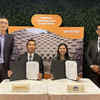


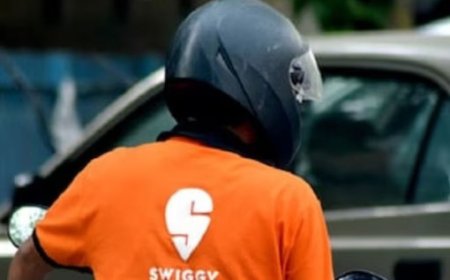
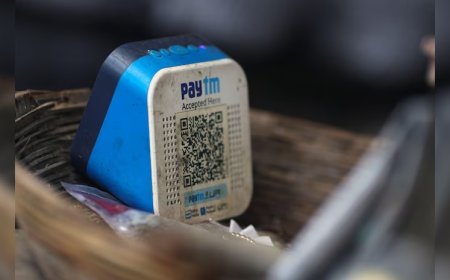
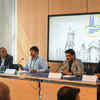


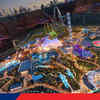


.jpg?#)

